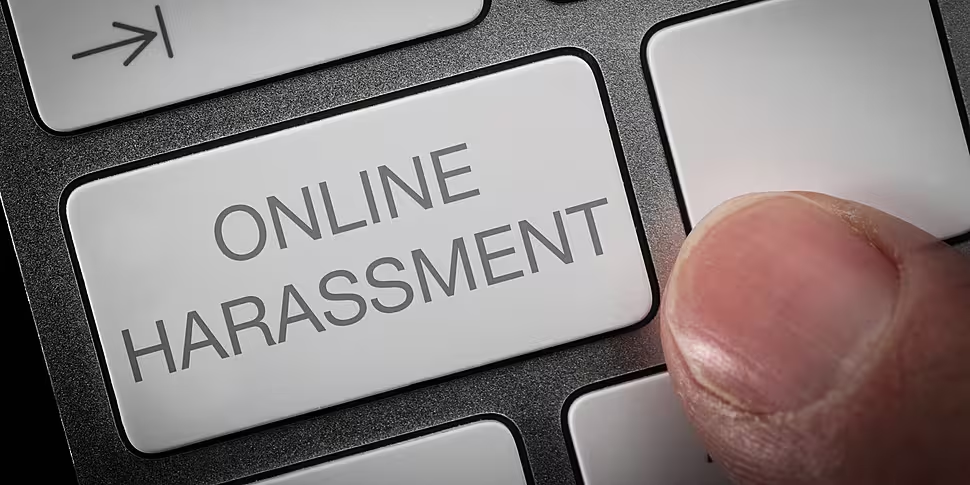Every day people fall victim to negativity online ranging from mindless trolling to harassment and being sent unsolicited inappropriate content.
One of those who experienced this firsthand is Noel Rock, former TD and current Director of Public Affairs at Red Flag Consulting.
Speaking on The Anton Savage Show, he described his experience of receiving hate online.
"It's a lonely experience."
"Sometimes untrue things might be said about you and you wonder is there a point in engaging with them."
Mr Rock said that, while people can mute, block or unfollow trolls on most platforms, the person being harassed can see the comments other ways, like through friends or acquaintances.
"Stalker accounts" are also an issue, he said, where people follow every appearance, tweet or photo of a person with immediate abuse.
These accounts are anonymous "more often than not".
Celebrities
Recent notable victims of online abuse include Fine Gael TD Jennifer Carroll MacNeill who had unsolicited sexual content sent to her online.
TV personality Graham Norton deleted his Twitter account after receiving a barrage of hatred following his comments on 'cancel culture'.
British presenter and actor James Cordon was subject to abuse in the last week also after he was accused of being rude in a restaurant.
"A lot of people would build up the belief that in their own minds that these people are somewhat, if you like, invincible from these things and somewhat not vulnerable to attacks", Mr Rock explained.
"We're all human at the end of the day."
"I've seen all sorts of remarks about former colleagues, in particularly."
'Manners'
Professor James O’Higgins Norman, UNESCO Chair in Tackling Bullying in Schools & Cyberspace and Director of the DCU Anti-Bullying Centre, also joined the show.
According to him, this type of behaviour is not only affecting those in the public eye.
13% of the general public have had negative experiences online in the last year, according to research.
"I think that the experience of politicians and public figures needs to be treated differently to private citizens."
"But in both cases, I think that the internet and social media has expanded so quickly and so fast that we haven't been socialised on how to communicate in a kinder way on the internet."
Prof O'Higgins believes we've lost the "manners" we had before the internet in "regular offline society".
Listen back to the full conversation here:
Main image shows someone pressing a key on a computer keyboard with the words online harassment. True Images/Alamy









